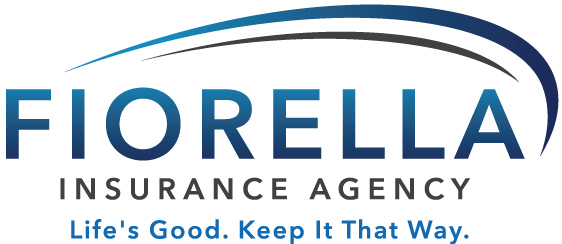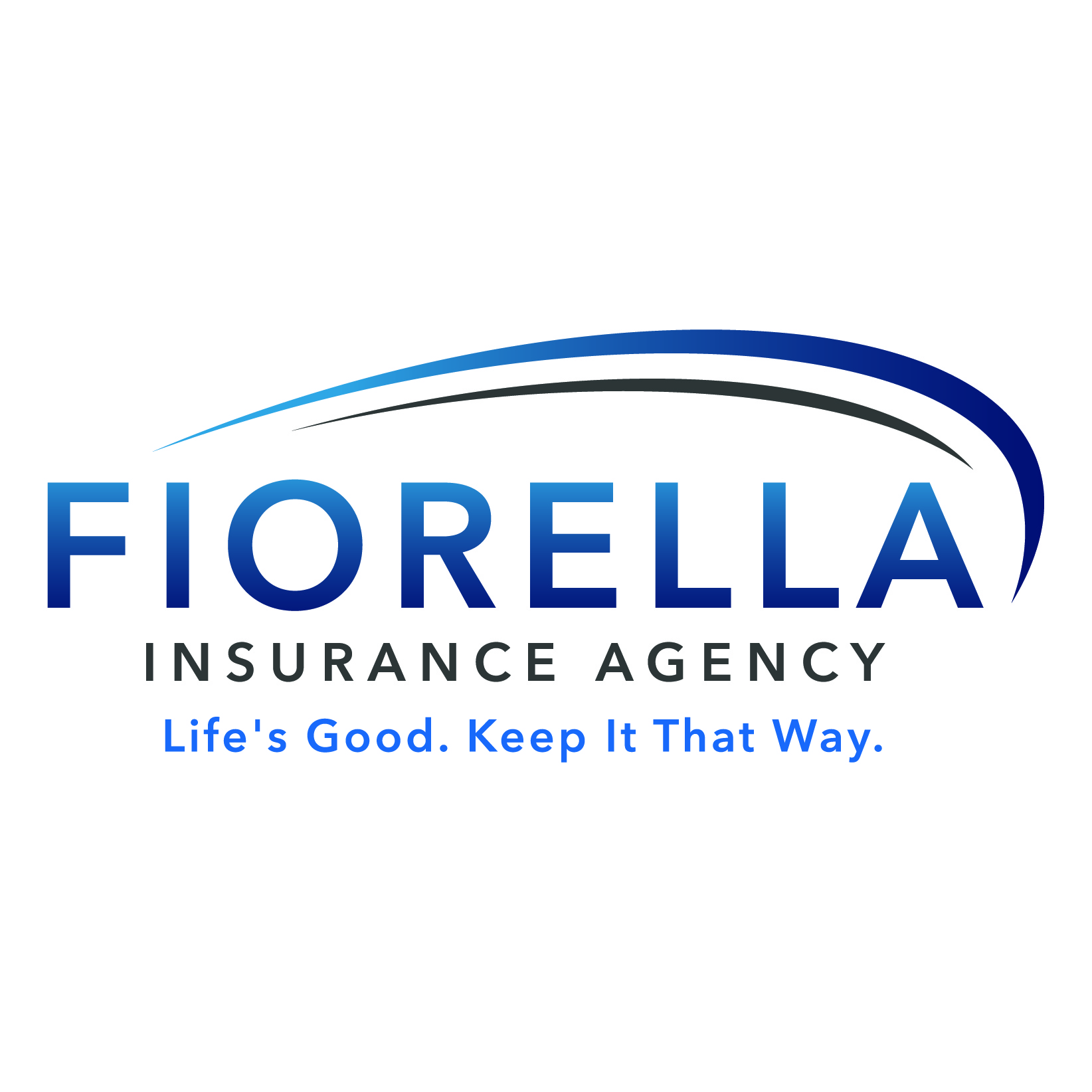Can You Pay Health Insurance Premiums With HSA? is a question that often leaves many scratching their heads.
This topic can be as complex as it is crucial, especially for those seeking to optimize healthcare savings. The world of health insurance and HSAs (Health Savings Accounts) is filled with nuances and regulations that may seem daunting at first glance.
In this guide, we’ll investigate and answer the question “Can You Pay Health Insurance Premiums With HSA?”, if you can utilize HSA funds to pay health insurance premiums, and how to maximize your account. We will delve into the intricacies surrounding HSA usage for private insurance premiums, Medicare expenses, long-term care coverage costs, and more.
Contact Fiorella Insurance today for your free health insurance quote.
Table Of Contents:
- The Basics of Health Savings Accounts (HSAs)
- Using HSA Funds for Private Health Insurance Premiums
- Paying Medicare Expenses with HSAs
- The Flexibility of Health Savings Accounts
- Growth Opportunities With Your Unused HSA Money
- Maximizing Your Health Savings Account
- FAQs in Relation to Can You Pay Health Insurance Premiums With HSA?
- Conclusion
The Basics of Health Savings Accounts (HSAs)
HSAs are a tax-advantaged way for individuals and families with high-deductible health plans to manage their healthcare costs. The funds you deposit into an HSA come from your pre-tax income, which can grow tax-free if used for eligible costs.
-
Save
An essential advantage of HSAs is the ability to pay qualified medical expenses using this pre-tax money. HSA contributions can be used to cover expenses such as doctor’s visits, prescription medications, dental treatments, and even certain over-the-counter medicines.
Beyond managing current healthcare costs effectively through these accounts, contributions made towards your HSA also lower your taxable income in that particular year they’re deposited. Hence, not only does an HSA help deal with immediate healthcare expenditures, but it significantly contributes to long-term financial planning by reducing overall taxes payable.
To be HSA-eligible, one must have coverage under a high-deductible health plan (HDHP). HDHPs generally offer lower premiums but higher deductibles compared to traditional insurance plans; hence, understanding how these trade-offs impact personal finances before deciding on this type of coverage is crucial.
Unlock tax-efficient healthcare management with HSAs. Not only do they handle immediate medical expenses, but also contribute to long-term financial planning by reducing taxable income. #HealthSavingsAccount #FinancialPlanning Click to Tweet
Using HSA Funds for Private Health Insurance Premiums
Figuring out how to employ your health savings accounts (HSAs) for private medical insurance premiums can be intricate. Not all types of insurance premiums are eligible for payment with HSAs. In the context of a high-deductible health plan, HSAs primarily serve as a means to cover qualified medical expenses. There exist certain scenarios though where you may use your HSA money towards premium payments. Apart from that, COBRA premiums also qualify under the category of eligible expenses and thus can be covered by your HSA contributions. For those unfamiliar with it, COBRA, short for Consolidated Omnibus Budget Reconciliation Act allows individuals who lose their job-based group health coverage due to specific events like job loss or reduction in hours worked to maintain their coverage under particular circumstances.Navigating Exceptions & Understanding IRS Guidelines
While these exceptions provide some flexibility when utilizing an HSA fund for paying insurance premiums, they should not be mistaken as general rules applicable across all forms of such costs. Regular monthly insurance payments typically do not classify as an expense eligible for payment through HSAs unless they meet one among several conditions outlined above or other similar instances defined by IRS guidelines. To ensure correct usage and avoid potential tax penalties related to misuse, consulting official resources is always recommended.Navigating HSA funds to pay private health insurance premiums? It’s complex but possible. Learn how to optimize savings and manage Medicare costs with our detailed guide. #HealthInsurance #HSA Click to Tweet
Paying Medicare Expenses with HSAs
HSAs can be used to manage healthcare costs, including those related to Medicare. For instance, if you’re enrolled in Part B or Part D prescription drug coverage of the federal program, HSA funds can be used to cover these premiums. This becomes particularly advantageous for retirees over age 65 who have employer-sponsored health insurance. They can utilize their accumulated HSA money to offset their share of those medical costs provided they aren’t drawing Social Security benefits concurrently.Understanding Medicare Advantage Plans
Different from traditional Medicare plans are the private sector’s offering – The Medicare Advantage plans. These comprehensive packages often provide all-in-one coverage that includes both medical and drug services which may not be covered by conventional Medicare policies. The best part? Your hard-earned HSA funds can also go towards paying these Advantage plan premiums. This level of flexibility allows individuals more control over how they allocate their healthcare dollars while effectively handling out-of-pocket medical expenses. To make an informed decision about various types of Medicare Coverage Choices, it is recommended to delve into each type before settling on one that aligns well with your needs and financial capabilities.Maximize your healthcare savings with HSAs. Use them to cover Medicare Part B, D, or Advantage plan premiums. Ideal for retirees over 65 not drawing Social Security benefits. #HealthcareCosts #MedicareExpenses Click to Tweet
The Flexibility of Health Savings Accounts
Health savings accounts (HSAs) offer a level of flexibility that sets them apart from other healthcare saving options. Unlike flexible spending arrangements (FSAs), HSAs do not follow the “use it or lose it” rule. This rollover feature provides financial security and is especially beneficial for those with chronic conditions who may face unexpected healthcare costs in future years.HSA Portability: Your Account Goes Where You Go
Your HSA remains yours even if there are changes in your employment status or insurance provider. This portability factor ensures continuity in managing your health-related finances irrespective of job transitions or switching insurers.- An account holder can continue contributing towards their existing HSA upon changing jobs as long as they have a high-deductible health plan.
- If one switches insurance providers but continues to meet eligibility criteria such as having a high deductible policy, they can still contribute to their current HSA and use its funds for eligible expenses under new coverage.
Growth Opportunities With Your Unused HSA Money
Health Savings Accounts (HSAs) are a great way to save for future medical expenses while enjoying tax benefits. But, can you pay private health insurance premiums with your HSA funds? The answer is generally no, but there are some exceptions.Paying Health Insurance Premiums with HSAs
The main purpose of an HSA is to cover qualified medical expenses that aren’t covered by your high-deductible health plan. However, the IRS does not consider insurance premiums as eligible expenses unless they fall under certain categories such as COBRA healthcare continuation coverage or long-term care insurance policy.HSA Eligibility and Contributions
To be eligible for an HSA, you must be enrolled in a high-deductible health plan. In 2021, this means having an annual deductible of at least $1,400 for individual coverage or $2,800 for family coverage. Furthermore, if you’re age 55 or older by the end of the year but not yet enrolled in Medicare Part A or B, you may make additional “catch-up” contributions of up to $1000 annually into your HSA account above standard limits which are set each year by the Internal Revenue Service (IRS).Tax Benefits and Usage Flexibility
The money contributed to an HSA is pre-tax dollars which reduces taxable income thereby lowering overall tax liability – it’s like getting a discount on all qualifying purchases! Additionally, any interest earned within these accounts also grows tax-free and withdrawals used towards qualified healthcare costs including higher deductibles remain untaxed even after age 65!Making Most Out Of Your Unused HSA Funds
If paying off private health insurance premiums isn’t possible using HSA money then what other ways can one optimize their unused HSA funds? Some options include saving it towards retirement since post-age 65 non-medical withdrawals only attract regular income taxes similar to traditional IRAs; alternatively, one could invest them into mutual funds provided they meet specific criteria laid out by the IRS thus potentially growing their savings exponentially over time!Unleash the power of Health Savings Accounts. They roll over unused funds and follow you through job transitions. No “use it or lose it” rule here, just financial security for your healthcare needs. #HSA #HealthcareFinance Click to Tweet
Maximizing Your Health Savings Account
An HSA (Health Savings Account) can be an influential way to control your healthcare costs. However, to fully leverage its benefits, you must know how best to utilize it. A key strategy for maximizing the potential of your HSA is making contributions up to the annual limit each year. For 2023, this translates into $3,650 for individual coverage and $7,300 if opting for family coverage. Additionally, those aged 55 and above, yet not enrolled in Medicare, have an opportunity to contribute an extra $1,000 as a catch-up contribution. This approach ensures that more tax-free money accumulates within your HSA funds, which could then be used for eligible medical expenses whenever required.Savvy Investing Within Your HSA
Beyond optimizing contributions, investing wisely inside your account helps further grow these funds too. Several HSAs offer investment options similar to retirement accounts like IRAs or 401(k)s provide. If you are unsure about where to best invest within your HSA, consulting with a financial advisor who specializes in HSAs might prove beneficial – bear in mind, though, that higher potential returns often come hand-in-hand with increased risk.Maximize your HSA benefits in 2023. Contribute up to $3650 for individual or $7300 for family coverage. Over 55? Add an extra $1000. Invest wisely and prioritize eligible medical costs for tax-free advantages. #HealthSavings Click to Tweet
FAQs in Relation to Can You Pay Health Insurance Premiums With HSA?
Can I use my HSA to pay for health insurance premiums?
Generally, you cannot use your HSA to cover regular health insurance premiums. Exceptions include COBRA coverage, health care continuation coverage, and Medicare expenses.Can I use HSA to pay insurance premiums if I retire early?
If you’re receiving unemployment compensation under federal or state law, you can utilize your HSA funds to pay for health insurance premiums.Can I use HSA to pay long-term care premiums?
A portion of “tax-qualified” long-term care policy costs can be covered using money from an HSA account based on certain age-related limits.Can you pay health insurance premiums with FSA?
No, Flexible Spending Accounts (FSAs) generally cannot be used for paying regular health insurance premiums. They are primarily designed for out-of-pocket healthcare costs.Conclusion
We’ve traversed the complexities of HSAs–what they are, what advantages they bring, and how much you can contribute. We’ve explored how they work, their benefits, and contribution limits. You now know that you can use HSA funds for certain types of health insurance premiums like COBRA during unemployment or Medicare expenses. And to answer the question “Can You Pay Health Insurance Premiums With HSA?” YES, it’s possible to pay health insurance premiums with an HSA under specific circumstances. We also delved into the flexibility HSAs offer compared to other healthcare savings options such as FSAs. You learned about using your HSA after age 65 and how it could even act as a safeguard for your retirement funds if used wisely. In conclusion, an HSA is not just a tool for covering medical costs but also a strategic instrument for managing finances effectively throughout different life stages.
Contact Fiorella Insurance today for your free health insurance quote.



